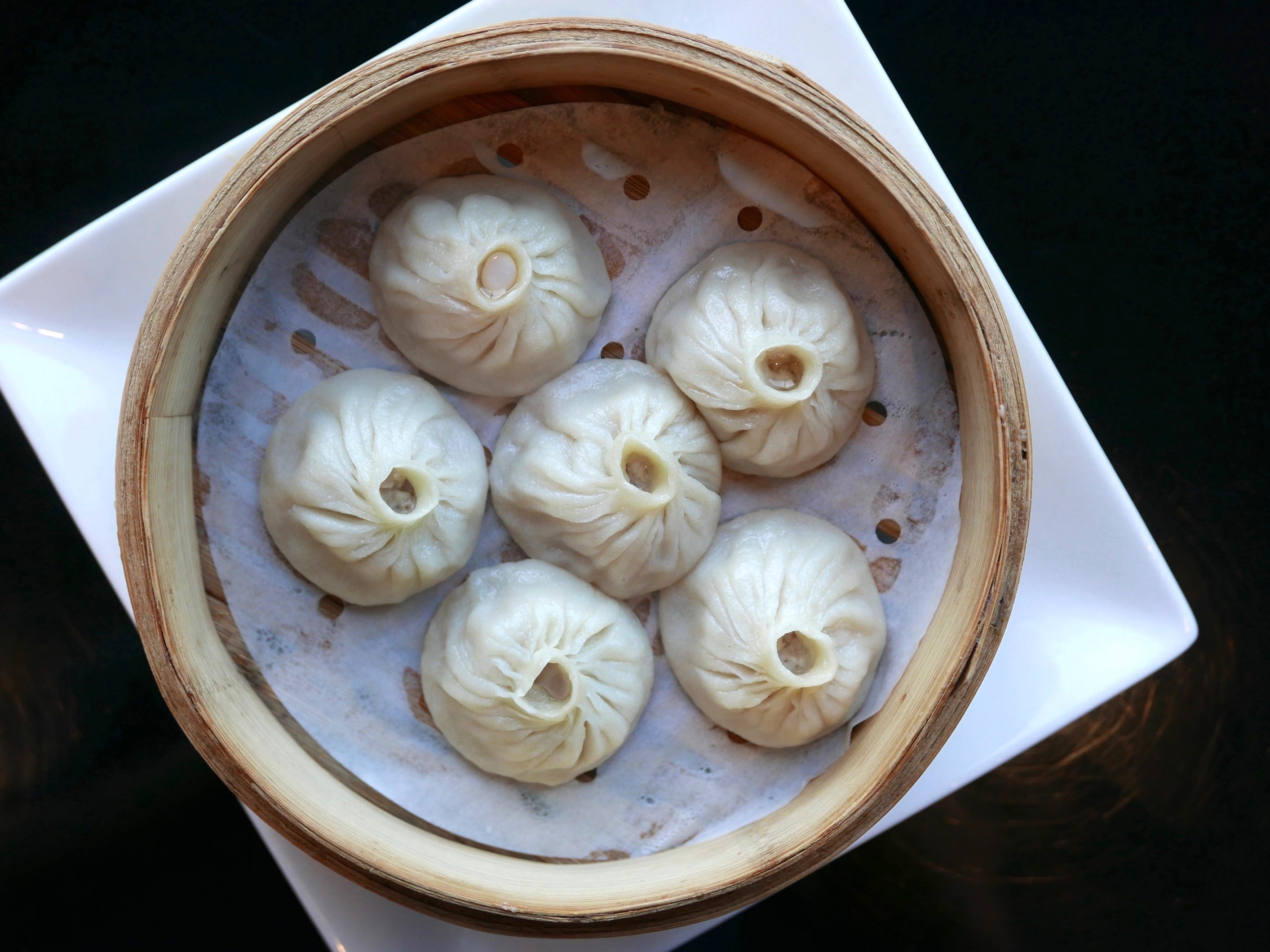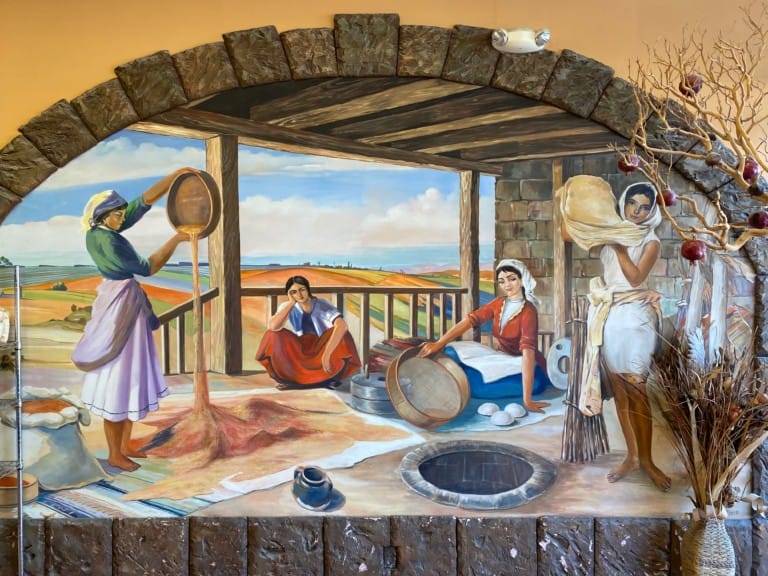It’s imperative that editors and writers stop describing food as “cheap eats.” Most of the time, they’re stigmatizing culinary contributions from immigrant cultures. Avoid such indignities and these family-run and indie restaurants stand a far better chance to earn livable wages by charging more equitable prices for frequently grueling work. It’s incumbent on (often white) editors not to allow this derogatory, overused expression to pass through the screening process to reach print and online publication.
Small, family-run restaurants rarely have the resources to hire enough support staff, let alone find time to manage messaging. Building a website and curating social media feeds aren’t top priorities, and in many cases hiring publicists isn’t financially possible, so it’s more challenging to tell their own stories. Northern Thai Food Club, one of the most exciting Thai restaurants to open in L.A. in some time, has no website or social media channels. Their Yelp page sits “unclaimed.” The only messaging they’ve invested in are printed letter-sized papers affixed to the western wall that tout “clean food and good taste” and “amazing Chiang Mai – Chiang Rai authentic northern Thai food.” By default, this means they must rely on writers, social media, and (gasp!) Yelpers to steer their narrative. Inevitably, price is bound to be a talking point when describing NTFC.
Garrett Snyder, one of L.A.’s more thoughtful food writers and the person who convinced me to visit Northern Thai Food Club after championing chef Amphai Kanyawong’s restaurant for LA Mag, calls their curries “an absolute giveaway” at $7. This isn’t an indictment on his word choice. He’s proven to be culturally sensitive over the years. Instead, this is a commentary on how much Kanyawong must feel she can charge, given her location and customer base.
One of L.A.’s best bowls of khao soi, loaded with two drumsticks, should warrant a higher premium, and no doubt would in a less basic setting, even in an adjacent neighborhood like Silver Lake. As always, context matters. Sadly, restaurants with warm, friendly service and profoundly flavorful food like Northern Thai Food Club still get marginalized.
Publications like The New York Times, Eater, and Time Out – publications that I’ve contributed to over the years – continue to tout “cheap” food to the (possibly unintended) detriment to the restaurants they describe. Writers and editors no doubt feel like they’re simultaneously delivering recommendations to readers that taste good AND cost less than expected. While readers “benefit,” what these stories actually do is devalue the restaurants, debase the ingredients and dishes, and limit potential earning power. Hopefully editors reconsider their powerful word choice.
I recently covered Muodu Shanghai Cuisine, a Lomita restaurant that charges $6.25 for an order of six xiao long bao they hand-craft in-house using Costco pork. The amount of skill and effort required to painstakingly pleat the dough into eye-popping dumplings for such a paltry return is maddening. Especially considering we live in a world where mediocre restaurants charge double that cost for avocado toast.
“Cheap eats” is a played out, derogatory platitude that needs to die. Almost any expression would be less problematic. I suggest replacing “cheap eats” with “high value.” To see the striking difference, just refer to Merriam-Webster, a definitive reference guide to the English language, and compare how they define cheap and value. The latter word is a far more uplifting and positive choice.
Let’s also stop describing food as “ethnic” while we’re at it, but that’s another story.









Blog Comments
Prospect
July 28, 2019 at 12:19 PM
Great post!
Joshua Lurie
July 29, 2019 at 9:27 AM
Thanks for reading.